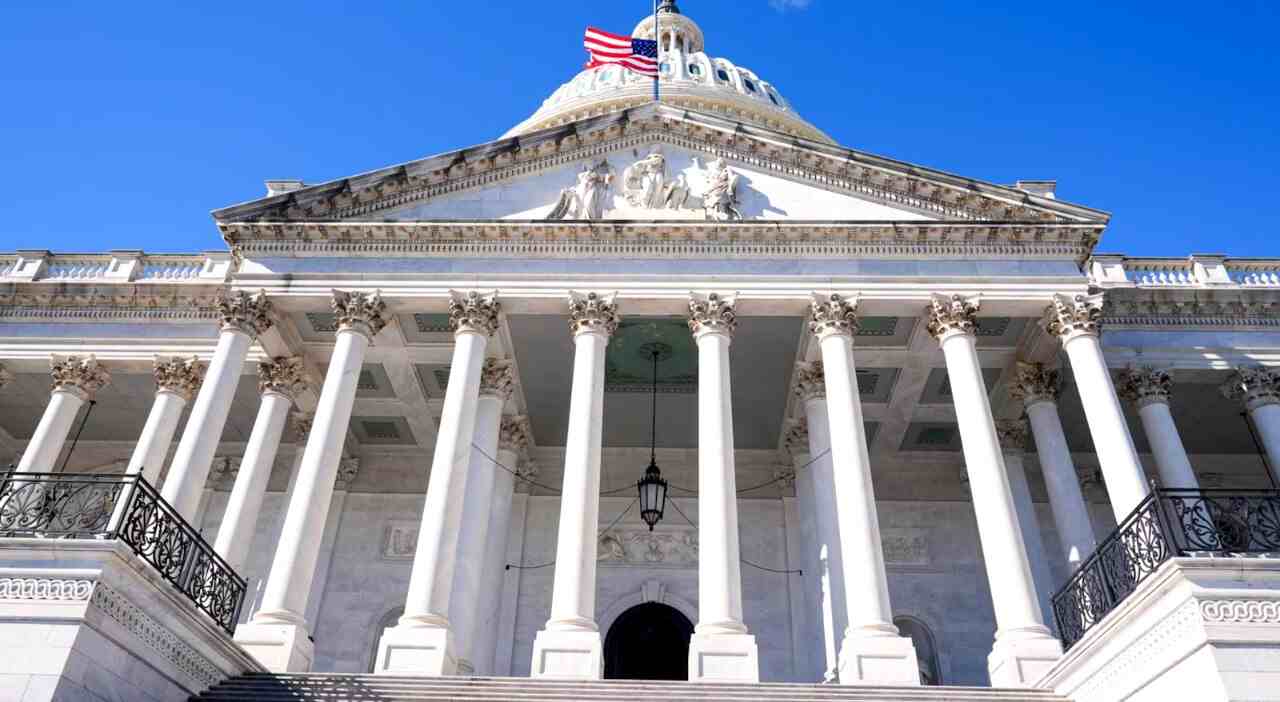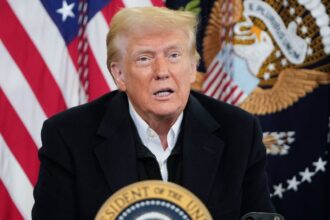WASHINGTON, D.C. — After 41 days of political gridlock, the U.S. Senate on Monday voted to end the nation’s longest government shutdown in recent history, clearing the path for the House to finalize the bill later this week and send it to President Donald Trump for his signature.
The measure passed 60–40, with every Republican senator except Rand Paul of Kentucky voting in favor. Eight Democrats, along with Independent Sen. Angus King of Maine, broke ranks with party leadership to support the bipartisan deal.
The legislation funds military construction, veterans’ affairs, the Department of Agriculture, and the legislative branch through September 30, 2026, while temporarily funding the rest of the government until January 30.
Democratic senators who voted in favor included Jeanne Shaheen and Maggie Hassan of New Hampshire, John Fetterman of Pennsylvania, Catherine Cortez Masto and Jacky Rosen of Nevada, Tim Kaine of Virginia, and Dick Durbin of Illinois — the Senate’s Democratic Whip. Their decision sparked tension within the party, as Senate Democratic Leader Chuck Schumer (D-N.Y.) led opposition against the deal.
“This was the only deal on the table,” Shaheen told reporters ahead of the vote. “It was our best chance to reopen the government and immediately begin negotiations to extend the ACA tax credits that tens of millions of Americans rely on.”
The final package, described as a “minibus,” bundles three full-year appropriations bills and ensures continued funding for the Supplemental Nutrition Assistance Program (SNAP) through next September. However, Democrats suffered a significant setback — the agreement excludes an extension of Affordable Care Act subsidies, which could lead to rising premiums for over 20 million Americans next year.
Schumer criticized the bill shortly before voting against it. “The American people have now awoken to Trump’s health care crisis,” he said. “Democrats demanded that we fix this crisis quickly, but Republicans refused to move an inch.”
Despite internal divisions, the compromise gained traction after days of negotiation involving centrist Democrats and Republican leaders. President Trump expressed his full support for the bipartisan agreement on Monday, signaling a swift end to the shutdown.
Senate Majority Leader John Thune (R-S.D.) pledged to hold a separate vote on ACA funding by mid-December, though the measure would still need 60 votes to advance. “Reopening the government boosts the prospects of an ACA funding extension to maybe 50%,” said King. “I can’t guarantee a result. Nobody can.”
The House is expected to take up the bill as early as Wednesday, with swift passage anticipated.









